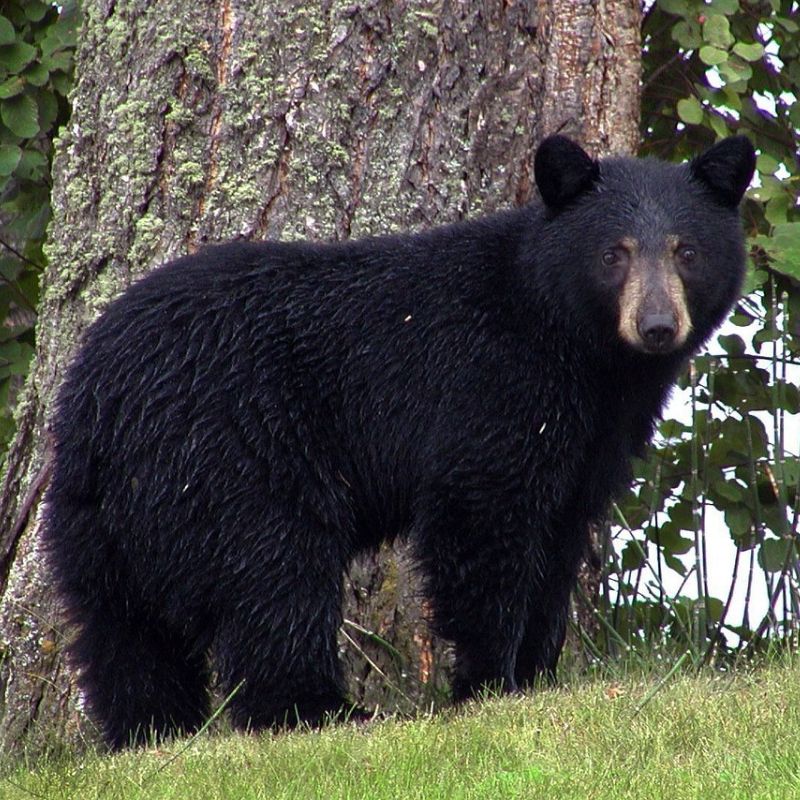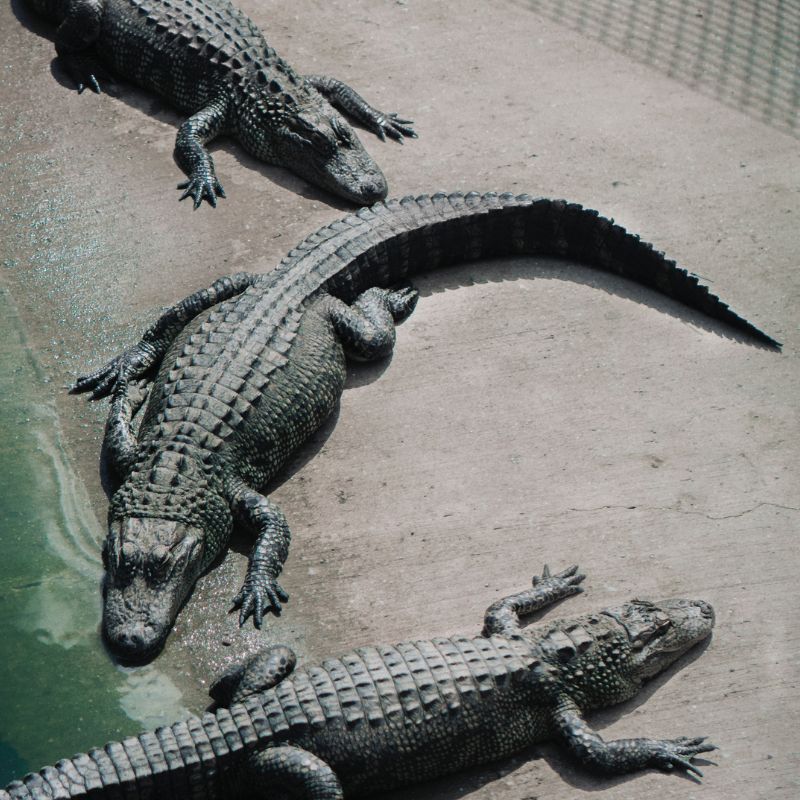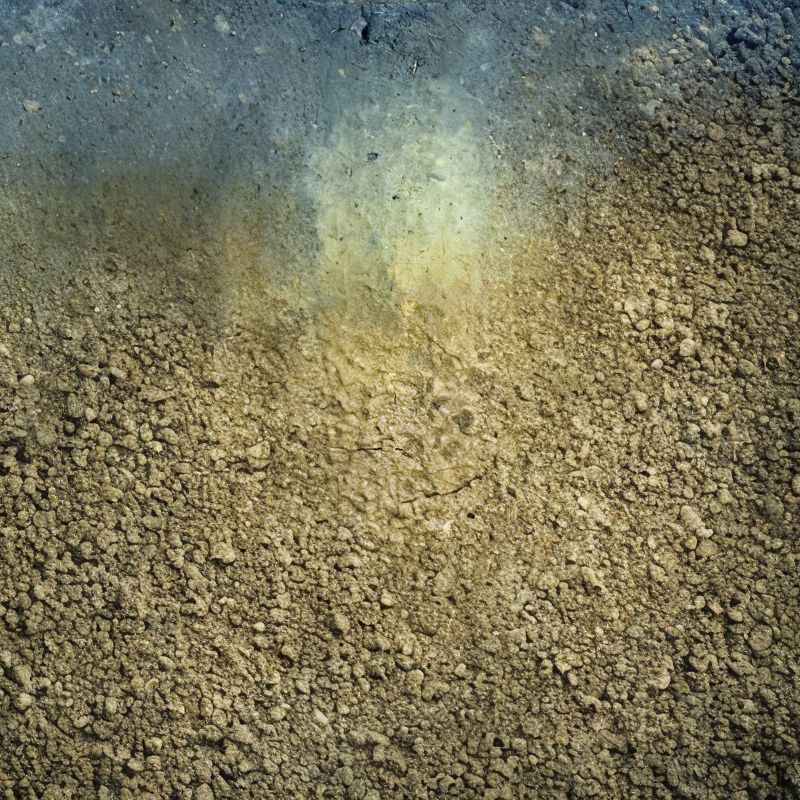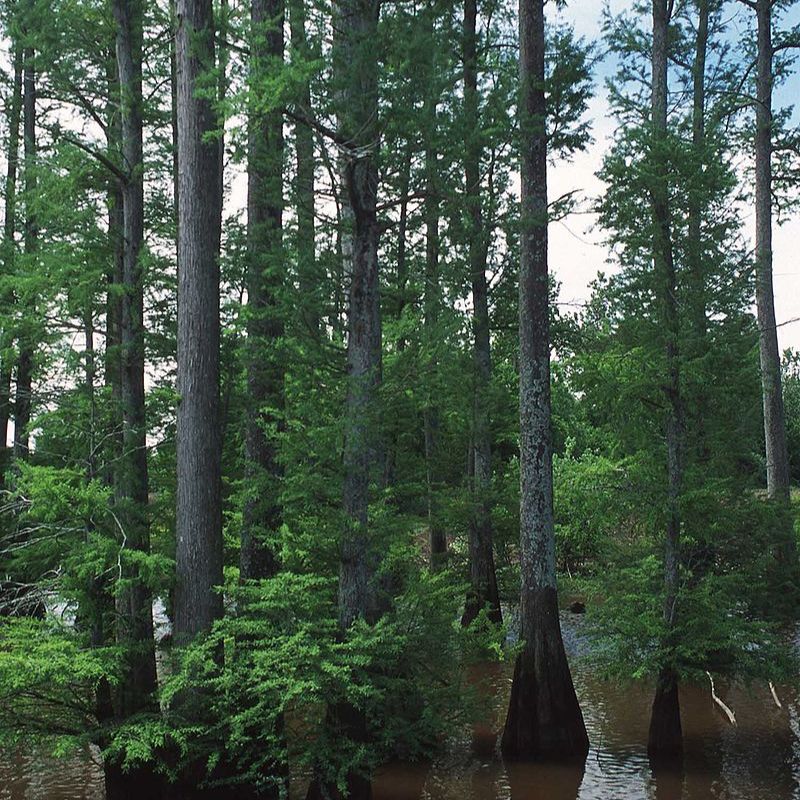Explore the Fascinating History of Louisiana
Take our Louisiana Trivia Quizzes for a Chance to Win a 6-Month Subscription to History By Mail!

The History of Louisiana
Journey Through Louisiana Trivia
Welcome to our Louisiana history and trivia page, presented by History By Mail. Join us as we embark on a journey through the captivating past and cultural tapestry of the Pelican State. From ancient Native American civilizations to European exploration and the modern era, we'll explore Louisiana's hidden gems and challenge your knowledge with entertaining quizzes. Let's uncover the rich history and intriguing trivia of Louisiana together.
Louisiana, known as the Pelican State, is a land of extraordinary history and diverse heritage. From the indigenous tribes who first inhabited the region, such as the Choctaw, Houma, and Chitimacha, to the impact of French and Spanish colonization and the establishment of settlements, Louisiana holds a captivating legacy. From the vibrant city of New Orleans to the enchanting bayous and majestic plantations, the state showcases a blend of cultures, natural beauty, and a deep connection to its Native American, European, and African roots.
Join us as we unravel the intriguing history and trivia of Louisiana, delving into its role in shaping American history, its contributions to music and cuisine, and the fascinating stories that make it a unique and cherished part of our nation's heritage.
Facts about Louisiana
State Abbreviation: LA
Capital: Frankfort
Name Origin: Louisiana was named after King Louis XIV when the land was claimed for France in 1682.
Nickname: Pelican State
Statehood: April 30, 1812 (18th State)
State Motto: Union, justice, and confidence
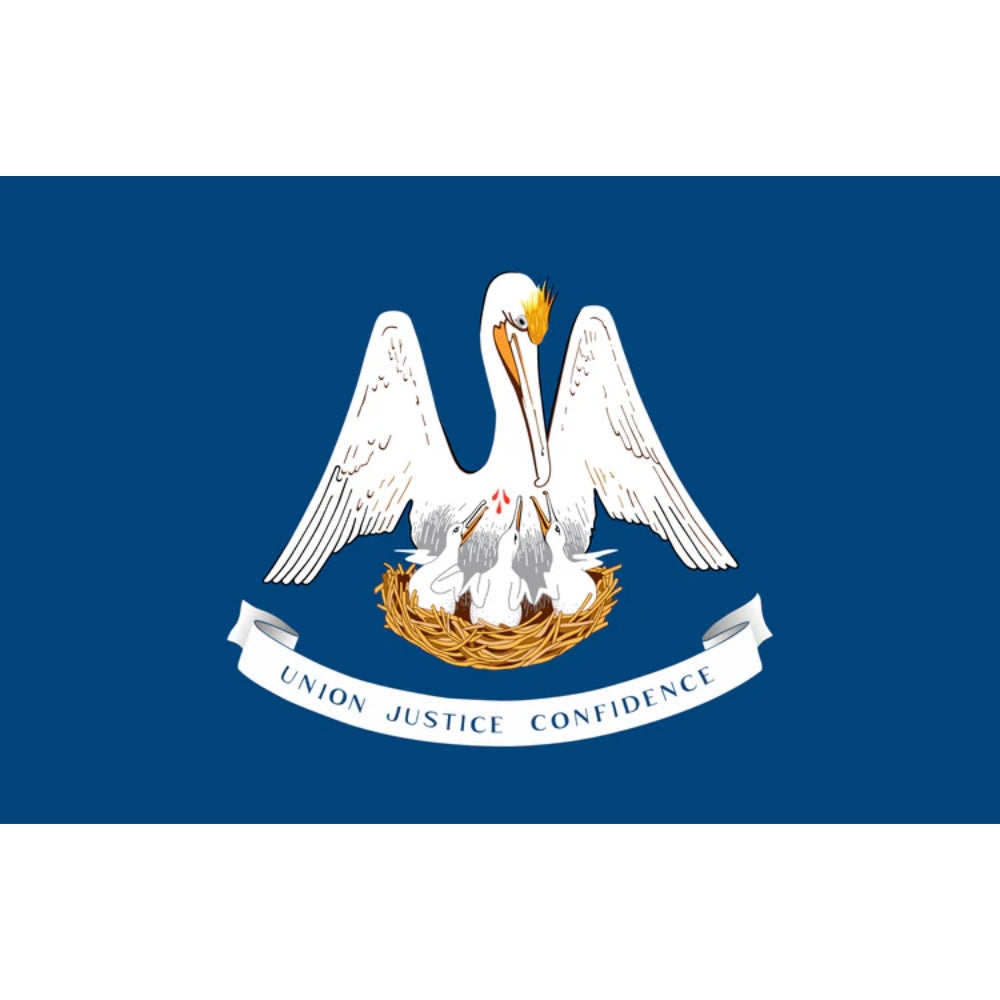
Louisiana's Flag
The state flag of Louisiana features a unique and distinctive design that represents the rich cultural heritage of the state. The flag consists of a solid blue field with a large golden pelican, commonly known as the "Pelican in Her Piety," prominently displayed in the center. The pelican is depicted tearing at its own breast to feed its three young chicks, symbolizing the idea of sacrifice and maternal care.
Below the image of the pelican are a white ribbon and a red ribbon, each containing the state motto, "Union, Justice, and Confidence." The word "Union" signifies the state's commitment to unity and harmony among its diverse population. The word "Justice," represents the state's dedication to fairness and equality.
Louisiana's Great Seal
The Great Seal of the State of Louisiana is a significant emblem that embodies the essence of the state's identity and values. The seal features a circular design with various elements that represent the history, culture, and natural resources of Louisiana.
At the center of the seal is a pelican, a prominent symbol in Louisiana's imagery. The pelican is depicted with its wings outstretched, standing in a nest while feeding its three young chicks with its own blood. This image, known as the "Pelican in Her Piety," represents self-sacrifice and maternal love, reflecting the state's commitment to caring for its people and fostering a sense of community.
Surrounding the pelican are the words "Union, Justice, Confidence," which serve as the state motto. These words highlight the values that Louisiana upholds: unity among its diverse population, the pursuit of justice and fairness, and the confidence in its ability to overcome challenges and thrive.

--- State Trivia #1 ---
History of Louisiana
Louisiana boasts a captivating and vibrant history that spans several centuries. Early explorations by Spanish adventurers such as Alvárez Piñeda in 1519, Ãlvar Núñez Cabeza de Vaca in 1528, and Hernando de Soto in 1541 marked the initial encounters with the land. Later, Sieur de la Salle claimed the vast region drained by the Mississippi River and its tributaries for Louis XIV of France in 1682, heralding a new era of French influence.
Throughout its history, Louisiana experienced a series of shifts in sovereignty. It became a French crown colony in 1731 but was eventually ceded to Spain in 1763 following the French and Indian Wars. In 1800, Louisiana reverted to French control, only to be sold to the United States as part of the historic Louisiana Purchase in 1803. The southern portion, known as the territory of Orleans, achieved statehood and became Louisiana in 1812.
During the Civil War, Louisiana joined the Confederacy, yet the city of New Orleans was captured by Union forces under Admiral David Farragut in April 1862. The state faced significant challenges during the Reconstruction era, but the dawn of the 20th century brought renewed prosperity with the discovery of oil and natural gas reserves, fostering growth in the industrial sector.
Today, Louisiana stands as a prominent producer of natural gas, salt, petroleum, and sulfur, with offshore deposits yielding substantial resources. The state's fertile lands support abundant crops, including sweet potatoes, rice, sugar cane, pecans, soybeans, corn, and cotton. The manufacturing sector thrives, encompassing chemicals, processed food, petroleum products, paper, lumber, transportation equipment, and apparel.
Louisiana has also become a renowned tourist destination. The city of New Orleans entices visitors with its picturesque French Quarter and hosts the world-famous annual Mardi Gras celebration, a cherished tradition since 1838. Notable attractions in the state include the iconic Superdome, historic plantation homes near Natchitoches and New Iberia, the captivating Cajun country in the Mississippi Delta Region, the historic Chalmette National Historic Park, and the state capital of Baton Rouge.
However, Louisiana faced significant challenges in recent history. Hurricane Katrina struck on August 29, 2005, devastating New Orleans and causing widespread destruction. The slow and inadequate response from federal and local officials drew widespread criticism. Nevertheless, Louisiana has shown resilience and determination in rebuilding and moving forward from this tragic event, further exemplifying the spirit and tenacity of its people.
State Symbols
Fun Facts
- Famous folks from the Pelican State include civil rights activist Madam C.J. Walker, talk show host Ellen DeGeneres, and many jazz and blues performers such as Fats Domino, Louis Armstrong, and Jelly Roll Morton.
- Louisiana is known for its unique Creole (a mix of Spanish, French, African, and other) cuisine, including Jambalaya—a mixture of spicy rice, meat, and seafood.
- Jean Lafitte National Historical Park and Preserve includes a War of 1812 battlefield with reenactments and a national cemetery; a wetland preserve (where Louisiana’s state bird, the brown pelican, can be spotted); and several cultural centers that tell the history of Louisiana’s people, art and music.
- Reptiles must be kept at least 200 yards away from the Mardi Gras parade route.
--- State Trivia #2 ---

Things To Do in Louisiana
- Explore the French Quarter in New Orleans: Immerse yourself in the vibrant atmosphere of the French Quarter, filled with historic buildings, lively jazz clubs, and delectable Creole cuisine. Stroll along the charming streets, visit iconic landmarks like Jackson Square and St. Louis Cathedral, and experience the unique blend of cultures that defines New Orleans.
- Take a swamp tour: Embark on a thrilling swamp tour and venture into Louisiana's enchanting wetlands. Encounter fascinating wildlife, including alligators, turtles, and various bird species, as you glide through the bayous and marshes. Learn about the diverse ecosystems and the importance of preserving these precious habitats.
- Visit plantation homes: Discover the grandeur and history of Louisiana's plantation homes. Take a tour of antebellum estates like Oak Alley Plantation, Nottoway Plantation, or Laura Plantation, and learn about the region's complex past, including the lives of enslaved people and the legacy of the sugar and cotton industries.
- Enjoy Cajun and Creole cuisine: Indulge in the rich and flavorful culinary traditions of Louisiana. Sample mouthwatering dishes such as gumbo, jambalaya, crawfish étouffée, and beignets. Visit local restaurants, attend food festivals, and savor the unique blend of Cajun and Creole flavors that have made Louisiana a food lover's paradise.
- Experience Mardi Gras: Join in the festive spirit of Mardi Gras, a legendary celebration that takes place annually in Louisiana. Enjoy colorful parades, elaborate costumes, lively music, and a sense of revelry like no other. Whether in New Orleans or other cities across the state, immerse yourself in the excitement and pageantry of this iconic event.
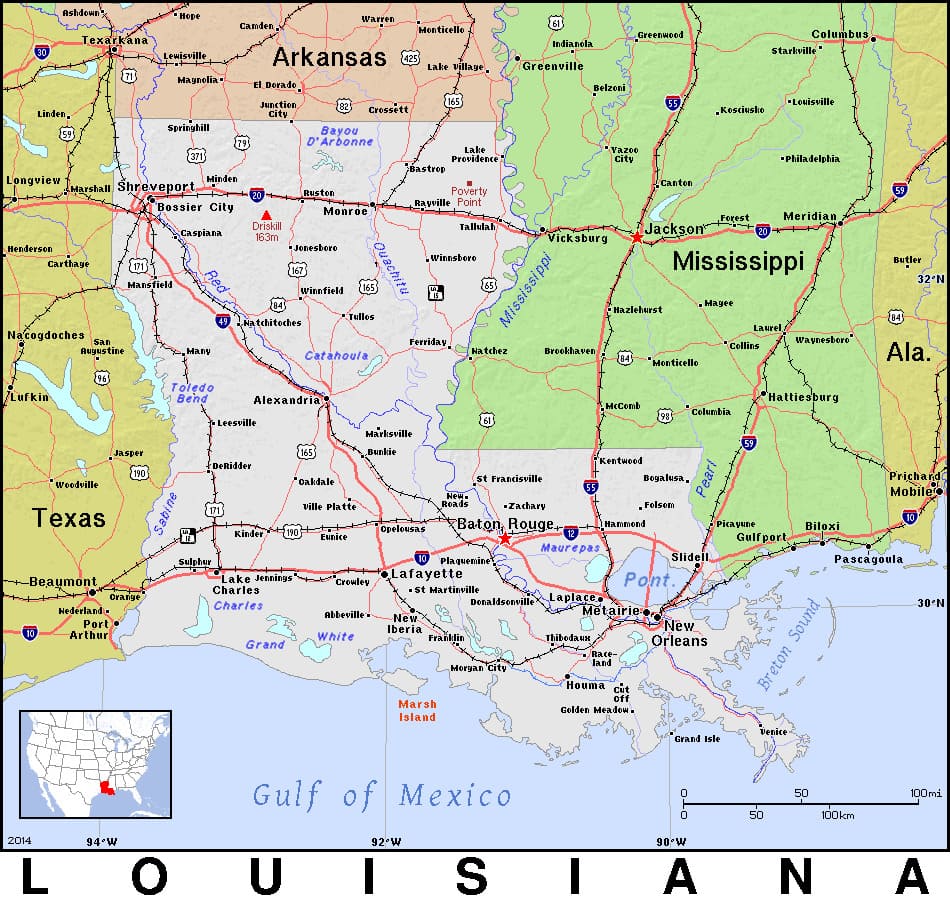
General Map of Louisiana
Louisiana, known as the "Pelican State," is a captivating destination located in the heart of the southeastern United States. Renowned for its vibrant blend of French, African, and American cultures, Louisiana offers a wealth of experiences for visitors to immerse themselves in. From exploring the iconic streets of New Orleans to venturing into the mysterious bayous and indulging in Cajun and Creole cuisine, Louisiana invites travelers to embark on a memorable journey filled with diverse attractions, lively music, and a deep connection to its historical roots.
Famous People From Louisiana
--- State Trivia #3 ---
FREQUENTLY ASKED QUESTIONS (FAQ) ABOUT LOUISIANA
Louisiana is called the "Pelican State" due to the brown pelican's presence along its coastlines. The pelican is also a symbol of self-sacrifice, which relates to the state's resilience after natural disasters.
Mardi Gras is a famous festival closely associated with Louisiana, particularly New Orleans. It's a lively pre-Lenten celebration known for its parades, costumes, and vibrant street parties.
The French Quarter is the oldest neighborhood in New Orleans and reflects the city's colonial history. Its distinctive architecture, narrow streets, and vibrant cultural scene make it a unique and iconic area.
The Louisiana Purchase was a land deal in 1803 between the United States and France, doubling the country's territory. It had a profound impact on westward expansion and the nation's growth.
Related Resources
- Official Website of the State of Louisiana: The official website provides information about the state government, tourism, history, and more. Visit: https://www.louisiana.gov/
- Louisiana Department of Culture, Recreation & Tourism: Explore Louisiana's attractions, events, outdoor activities, and plan your trip. Visit: https://www.crt.la.gov/
- Louisiana State Museum: Discover Louisiana's rich history, art, and culture through various museum sites across the state. Visit: https://louisianastatemuseum.org/
- Louisiana Department of Wildlife and Fisheries: Learn about Louisiana's diverse wildlife, hunting and fishing regulations, conservation efforts, and outdoor recreation. Visit: http://www.wlf.louisiana.gov/
- Louisiana Travel: Find travel guides, itineraries, and resources to explore the unique regions and experiences Louisiana has to offer. Visit: https://www.louisianatravel.com/
- Louisiana Civil War Museum: Explore the history and artifacts related to the Civil War in Louisiana. Visit: https://louisianacivilwarmuseum.org/
- New Orleans Official Tourism Site: Discover the vibrant city of New Orleans, known for its rich culture, music, cuisine, and festivities. Visit: https://www.neworleans.com/
- Plantation Country: Learn about Louisiana's historic plantations and explore the scenic River Road region. Visit: https://www.plantationparade.com/
- Louisiana State Parks: Experience Louisiana's natural beauty and outdoor activities in the state parks. Visit: https://www.crt.state.la.us/louisiana-state-parks/
- Louisiana Seafood Promotion and Marketing Board: Discover the flavors of Louisiana's renowned seafood and find seafood recipes and restaurants. Visit: http://louisianaseafood.com/


